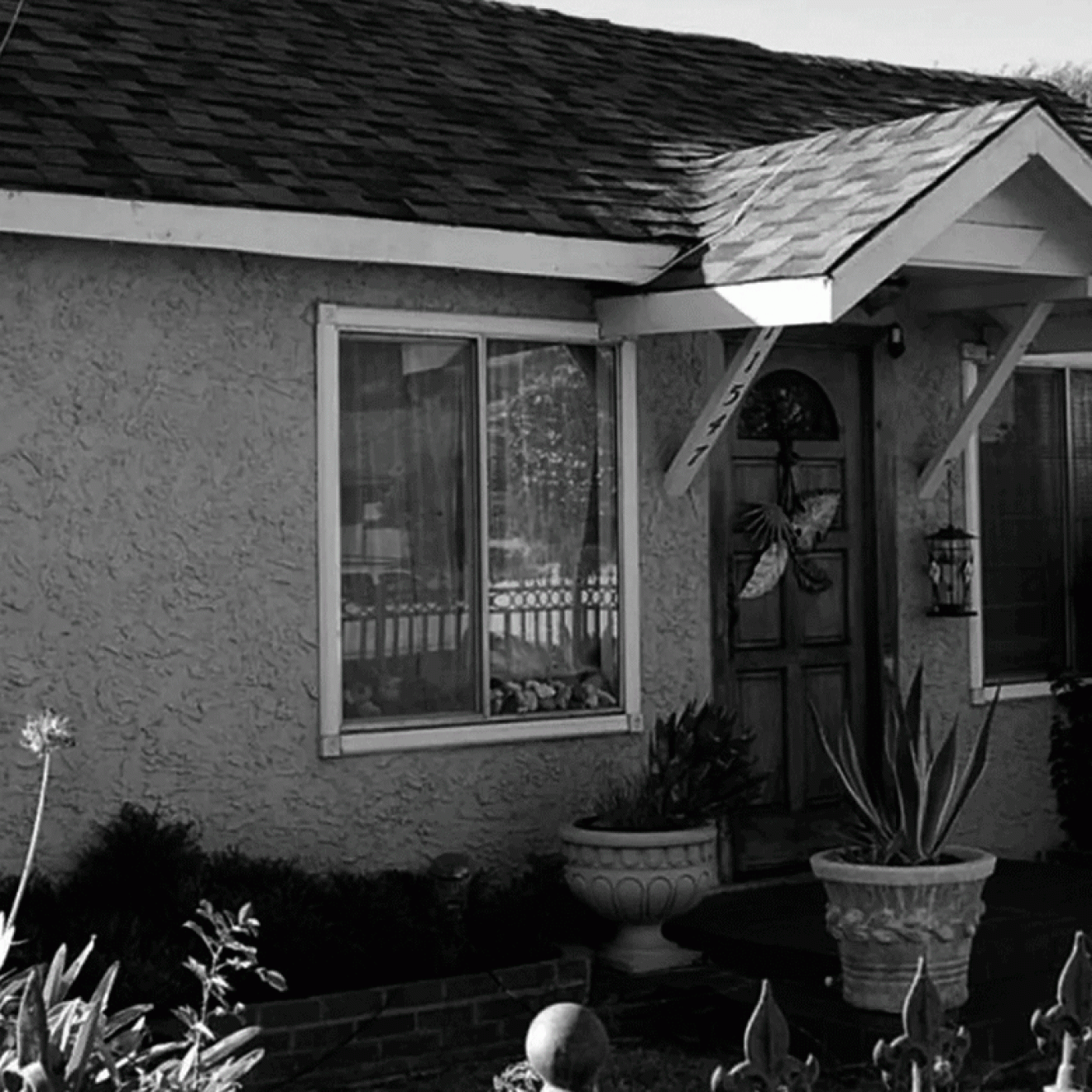Yasmin Anwar, UC Berkeley
As a teenager in Shanghai, China, Forrest Sam was so taken by the Rev. Martin Luther King Jr.’s iconic “I Have a Dream” speech that he learned to recite the last five minutes, albeit with a lilting Memphis/Mandarin accent. His Christian forefathers had endured persecution, betrayal and censorship, and King’s speech resonated with his family history.
Today, Sam, a droll, lanky UC Berkeley senior majoring in psychology — who named himself after the quirky movie character Forrest Gump — has a dream to be a motivational speaker. Though he admires King’s legacy of nonviolent civil disobedience, he prefers to focus on positive psychology.
“I love both freedom and speech and I want to become an inspirational speaker one day,” says Sam, 23, who transferred to Berkeley from Chaffey College in Rancho Cucamonga in 2013. “But I want nothing to do with politics. It’s just too complicated.”
Ironically, when he tells a joke to warm up the crowd at events at UC Berkeley or at his former community college, he often feels censored. “You can’t say this. You can’t say that,” Sam says. “People are so politically correct that everything can offend someone.”
Navigating the nuances of free speech
Like many of UC Berkeley’s 1,600 undergraduate and graduate students from China, Sam is navigating the nuances of free speech in America, coming from a country where Google is blocked, and the government closely monitors conversations on social media, including Renren, China’s equivalent of Facebook.

Credit: Yasmin Anwar
Among other things, international students are intrigued by Berkeley’s free speech history, which was sparked in 1964 when the university banned political activities at the Telegraph Avenue entrance of the campus. The protests culminated in a student takeover of Sproul Hall, boosted by philosophy major Mario Savio’s “bodies upon the gears” speech on the administration building’s steps.
The protests led to negotiations between students and administrators and eventually opened the campus to student activism. Last September marked the 50th anniversary of the Free Speech Movement, whose legacy clearly lives on.
“I’m drawn to Berkeley because I feel it’s more free,” says Haojun Li, 20, a sophomore double-majoring in statistics and computer science who has leaped at every opportunity for expressing dissent since coming to Berkeley from Shanghai in 2013.
“I feel like I can say anything here and am not afraid of any pressure,” adds Li, who was part of the ASUC group that opposed the selection of comedian Bill Maher as UC Berkeley’s winter commencement speaker due to criticism that Maher had characterized Islam as a violence-prone religion.
But the transition from censorship to free speech is not always seamless, especially for those who have seen friends and relatives ostracized for speaking out.
Zheyun Xu, 20, a Berkeley sophomore majoring in psychology, is a graduate of China’s top-rated Hangzhou Foreign Languages School, where she boarded from middle through high school, and felt comfortable and safe.
But when she was in ninth grade, her safe haven was threatened when it was announced that, due to educational reforms, her school would be drastically downsized and relocated, leaving many teachers and students out in the cold. She still recalls, with visible emotion, the anger and grief that whipped through the school community, and that their protests fell mostly on deaf ears.
“It was a bad experience. A lot of people protested the decision, but it was not effective,” she says. “It made many of us feel helpless — that our voices did not carry much weight.”
Gaining the gravitas to speak out
Xu came to Berkeley in the fall of 2013, having never previously traveled outside Asia. A church group picked her up at the airport at midnight and drove her to the Foothill residence hall: “It was so dark outside. It just seemed strange and unfamiliar and I was so excited,” she recalls.
She did not join student protests against fee hikes last year, focusing instead on her studies. It was during classroom discussions that she learned more about free speech.
“Free speech means you can say what you want,” she says. “But you have to be aware that other people might have different opinions, and so you have to be confident enough to stand up for your opinion.”
Li, the ASUC’s co-director of student spaces, is often in the hub of student activism at Berkeley, and is comfortable expressing his opinions. In China, his parents work in finance for multinational companies and have traveled extensively. He grew up enjoying relative freedom from government restrictions.
At middle school in Shanghai, he recalls being “super-naughty and rebellious” as he advocated for freedom and democracy. But in high school, Li’s views took a sharp turn as he learned more about Chinese history, and the government’s stand on such events as the Tiananmen Square massacre of 1989, which is referred to in China as “the June 4th incident.”
“What I learned in high school is that everyone is biased. There is no universal truth. Everyone has a different point of view,” he says. “The problem is not that Chinese government policies are wrong, but that the government restricts free speech and so there is no open debate on politically sensitive topics, and people cannot say whatever they want to say.”
On the plus side, he says, China’s President Xi Jinping is cracking down on corruption and making positive reforms: “We had been adopting the stock market and international trade. We are gradually giving more free speech to the press,” he says. “The Chinese government is moving forward.”
New generation seeing the dawn
As for the past, Li says, the Chinese government has been clearing the names of the people executed for treason. “They say they are very sorry about the Cultural Revolution,” he says.

Credit: Yasmin Anwar
But that doesn’t bring those people back to life, points out Sam, whose paternal grandfather was among those executed. His grandfather belonged to the Chinese Nationalist Party’s Kuomintang, which was China’s ruling party until it retreated to Taiwan in 1949.
An arms dealer during World War II’s Japan-China conflict, he was captured and tortured by the Japanese. But it was his earlier alliance with the Kuomintang that got him executed during the Cultural Revolution, even though he had helped the Chinese Communist Party defeat Japan, Sam says.
Moreover, Sam’s father is a fourth-generation Christian who practiced his faith at a time when religion was tightly restricted and grounds for persecution under Chairman Mao Zedong, founding father of the People’s Republic of China.
“Forrest’s parents lived through the darkest times of China, and now our generation is seeing the dawn,” Li says.
“But we still have to be very careful,” Sam cautions.
Xu has her doubts that China will loosen its grip on the Internet anytime soon. In the meantime, she is enjoying her online freedom, even though she rarely shares on Facebook.
“The best thing about free speech is that you don’t have to be afraid of being punished,” she says. “You can post things online, and people might laugh at you, but you don’t have to worry about being censored.”
And that suits Sam, who appreciates the freedom to express both seriousness and silliness, as can be seen in the videos above.
“Free speech is not about what we want to hear,” Sam says. “It’s about open debate and growth.”

